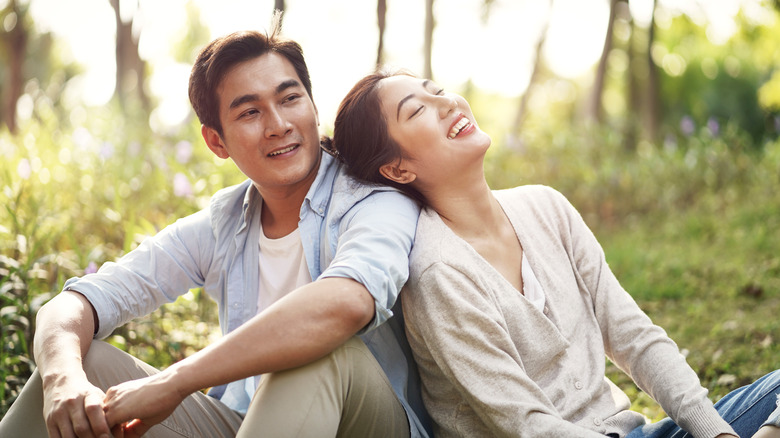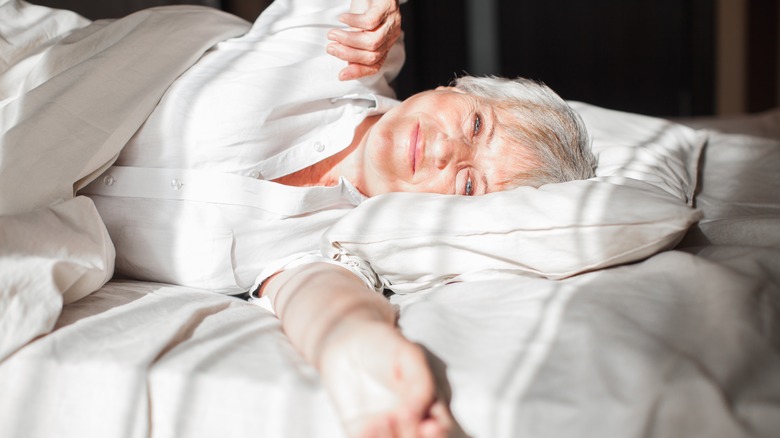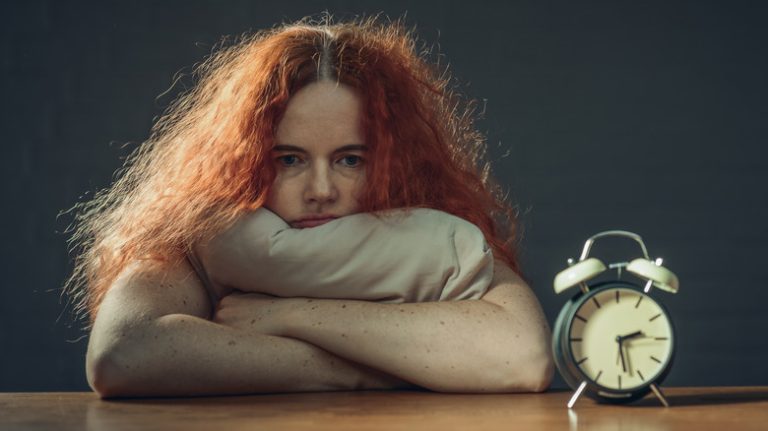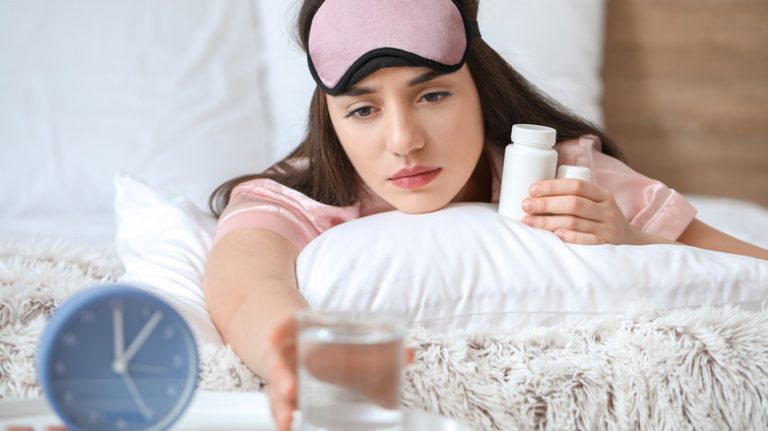As a natural hormone, levels of melatonin in the body climb and fall in connection with the rising and setting of the sun. Pivotal to our ability to sleep, melatonin levels increase in response to dark and drop in response to light.
Marketed as a popular and effective sleep aid, some people opt to take melatonin in supplement form. According to the Mayo Clinic, studies have shown a link between melatonin usage and improvement in symptoms of insomnia, jet lag, and more.
While the research regarding the benefits of melatonin is limited, it hasn’t stopped the product from flying off store shelves. A June 2024 survey from the Sleep Foundation found that over 27% of American adults take melatonin supplements to help with sleep. Of people who take melatonin, 57% say they take it to fall asleep faster and 48% take it to sleep longer, according to another survey from the Sleep Foundation.
While generally considered safe for use, melatonin supplements can induce side effects such as headache, drowsiness, nausea, or dizziness (via Mayo Clinic). However, research shows there may be an alternate, natural source from which we can still get a healthy dose of melatonin — and it doesn’t come in capsule or gummy form.
Step outside on a sunny day

If you’re interested in a more natural source of melatonin, look no further than right outside your front door. Sunlight exposure not only gives our bodies a much-needed hit of vitamin D, but it also helps regulate the natural production of melatonin.
Findings from a 2024 study published in the Iranian Journal of Public Health lends some evidence to this notion. Researchers exposed 19 nursing home residents to sunlight for 30 minutes in the morning and 30 minutes in the late afternoon every day for six weeks between August and September of 2012. Participants were between the ages of 60 to 101.
Blood samples were taken both in the morning and evening to measure participant melatonin levels. Study findings revealed a link between daylight sun exposure and improvements in anxiety, insomnia, and participants’ circadian rhythm.
So if sunlight potentially holds the key to helping us sleep better at night, exactly what time of day should we be stepping outside to reap the greatest benefits come bedtime?
The importance of timing your sunlight exposure

When it comes to sunlight-induced melatonin production, experts say that timing matters. “Light is the single most important element for setting our circadian clock, or internal 24-hour rhythm, and morning light is key,” Dr. Nathaniel Watson, a sleep specialist and professor of neurology at the University of Washington School of Medicine, told WebMD.
Even more specifically, one should strive to get at least 15 minutes of direct outdoor sun exposure promptly after getting out of bed (per WebMD). By taking in sunlight first thing in the morning, it signals to our brain to halt melatonin production and then start producing melatonin again after about 14 hours, by which time we will be primed for sleep later that night.
For some people, however, getting a dose of early morning sunlight may not be so easy. If you spend the majority of your day indoors, for example, consider rolling up your blinds instead and facing a window throughout the day.
Alternatively, if your work commute has you up before dawn, try utilizing a light therapy lamp in the mornings. Designed to simulate outdoor light, Mayo Clinic experts suggest facing a light therapy lamp for about a half-hour within your first hour of waking. In doing so, it may provide a much-needed mood boost and potentially improve sleep.

